08 Jan2019
By Deborah Koolbeck
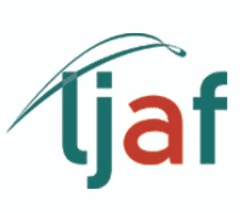
The U.S. Department of Education Office (USDOE) of Career, Technical, and Adult Education, recently published a funding opportunity geared to help improve the outcomes of postsecondary students, specifically underrepresented students. The Laura and John Arnold Foundation (LJAF) has issued a Funding Announcement and Request for Proposals on “Building Rigorous Evidence about How to Improve Postsecondary Success.”
According to the USDOE newsletter, “LJAF is interested in funding research and evaluation projects testing interventions related to postsecondary success (including student learning, persistence, completion, time to completion, job placement, and post-college earnings). They are particularly interested in interventions that promise to improve success among underserved students, such as low-income students, students of color, adult students, and veterans. LJAF has committed up to $10 million for these grants.”
Letters of Interest are due by January 31, 2019.
(Please note: AACTE is sharing this opportunity; it is not an endorsement of the foundation or its work.)
To stay abreast of other funding opportunities and updates, subscribe to the USDOE newsletters.
04 Dec2018
By Katrina Norfleet

When it comes to teacher education, how can you distinguish problems, which can be solved, from dilemmas, which can only be managed? This question is the featured discussion of the Journal of Teacher Education article published in the Sept/Oct 2018 issue, Marching Forward, Marching in Circles: A History of Problems and Dilemmas in Teacher Preparation, authored by Jack Schneider, assistant professor of education, College of the Holy Cross.
In a recent podcast interview for JTE Insider blog, Schneider offers insights on the article during his chat with podcast host JTE graduate assistant Mary Neville. “It’s kind of a funny piece in that it tries to come up with a number of typologies for the history of teacher education,” said Schneider. During the interview, Schneider identifies four contextual factors, three core dilemmas and four periods of history of teacher education.
04 Dec2018
By Jerrica Thurman
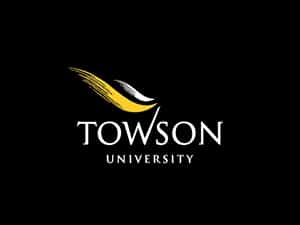
In Fall 2017, AACTE member institution Towson University’s College of Education launched a pilot program, SIMTeach@TU, to strengthen its clinical and practice-based curriculum through virtual simulation. The program features eight faculty who develop problem-based case scenarios for teacher candidates to experience real-world human interactions with avatars via the virtual reality technology called Mursion. The training simulations recreate the most demanding interpersonal challenges that teacher candidates may confront in the classroom with PK-12 students. It allows preservice teachers to practice and master the complex interpersonal skills necessary to be effective in difficult situations.
“We see simulation—or approximations of practice—work as part of the trajectory of getting our preservice teachers ready to work with real students in classrooms,” said Laila Richman, associate dean of the College of Education at Towson. “We think about this as the first phase of a university-based clinical curriculum that moves them towards being able to work with students.”
27 Nov2018
By Caitlin Wilson
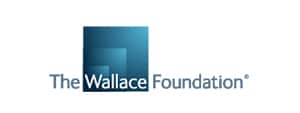
AACTE invites you to view a livestreamed panel discussion on preliminary findings from The Wallace Foundation’s University Principal Preparation Initiative (UPPI) at 10:30-11:30 a.m. on Wednesday, December 12, 2018. Register here.
Many district and university leaders agree that most university-based programs do not prepare principals to reflect the real-world demands of the job according to a 2016 survey. Consequently, seven universities participating in the Wallace initiative set out to redesign their programs to be more effective. A 2018 independent study by the RAND Corporation, Launching a Redesign of University Principal Preparation Programs, now suggests that the universities’ complex redesign efforts are beginning to pay off—through comprehensive, interdependent partnerships with local districts and the state.
16 Nov2018
By Katrina Norfleet
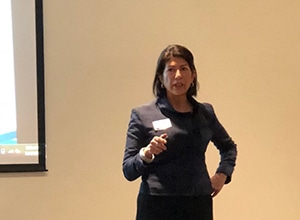
AACTE President and CEO Lynn M. Gangone recently traveled to Indiana where she met with deans of colleges and schools of education throughout the state, and representatives from the State Department of Education and national foundations to discuss educator preparation from a national perspective. Gangone also was invited to be the lead speaker at the Indiana Association of Colleges for Teacher Education’s (INACTE’s) first statewide summit, and presented data from the Colleges of Education: A National Portrait report.
Ena Shelley, an AACTE board member and INACTE member, shared how important it was to hear the trend data. “When you are working within state borders, you think it is just your state, but when you see the trend data—how long teachers are staying or not staying, the demographics—it makes it real,” Shelley said. “I think the report was so important because we really haven’t had a succinct, cohesive report like the National Portrait, which gives us real data to look at … [and ask ourselves] now what can we do about it?”
15 Nov2018
By Jerrica Thurman
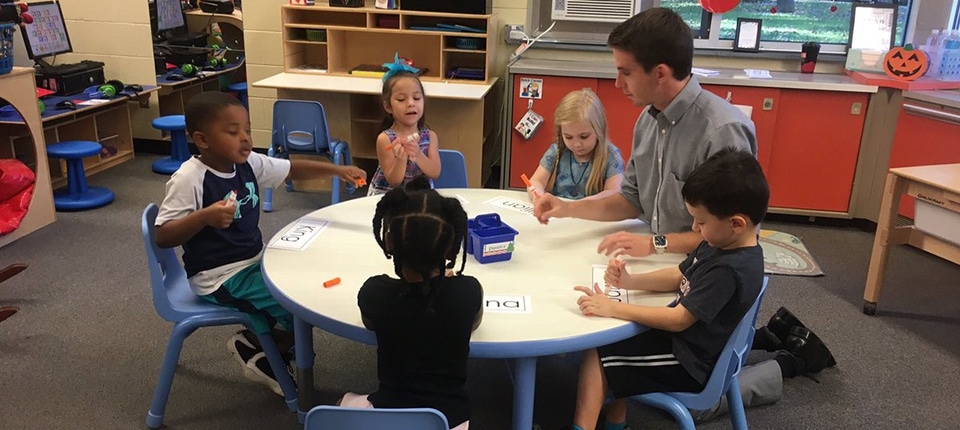
AACTE is a national partner for the University of Florida’s Collaboration for Effective Educator Development, Accountability, and Reform (CEEDAR) Center, which helps states and institutions of higher education to develop the ability of every teacher to prepare students with disabilities for college and careers. As a federally funded multi-million dollar project, CEEDAR works with AACTE and others to promote the preparation of all educators to have the mindset and skillset for effectively instructing students with disabilities along with all other students in the mainstream classroom.
“This initiative is about ensuring that all educators have the skills to work effectively with students with disabilities,” said AACTE Consultant Jane West, who leads the Association’s work with CEEDAR. “Special education has too often been considered a place and not a service. We are highlighting and promoting preparation for both general and special educators so they can provide effective instruction to students with disabilities in inclusive ways with an eye toward raising expectations and undermining the stigmatizing of students with disabilities.”
13 Nov2018
By JTE Insider

Check out the latest the JTE Insider post featuring insights from the Journal of Teacher Education (JTE) article “Promoting Educators’ Use of Culturally Responsive Practices: A Systematic Review of Inservice Interventions” by Jessika H. Bottiani, Kristine E. Larson, Katrina J. Debnam, Christina M. Bischoff, and Catherine P. Bradshaw. The article appears in the Sept/Oct 2018 issue of the Journal of Teacher Education.
06 Nov2018
By JTE Insider

Check out the latest the JTE Insider blog interview by the Journal of Teacher Education (JTE) editorial team. This blog is available to the public, and AACTE members have free access to the articles in the JTE online archives—just log in with your AACTE profile.
This interview features insights from the JTE article, “Interrogating the Intersections Between General and Special Education in the History of Teacher Education Reform” by Linda P. Blanton, Marleen C. Pugach, and Mildred Boveda. The article appears in the Sept/Oct 2018 issue of JTE.
06 Nov2018
By Katrina Norfleet
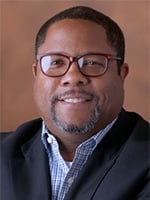
AACTE member H. Richard (Rich) Milner, IV, a leading scholar of urban education and teacher education, recently delivered the 15th Annual Brown Lecture in Education Research sponsored by the American Educational Research Association. The Annual Brown Lecture in Education Research is designed to feature the important role of research in advancing understanding of equality and equity in education. Each year, a distinguished scholar notable for producing significant research related to equality in education is invited to give a public lecture in Washington, D.C.
Milner is currently the Cornelius Vanderbilt Endowed Chair of Education and professor of education in the Department of Teaching and Learning at Vanderbilt University. His lecture, “Disrupting Punitive Practices and Policies: Rac(e)ing Back to Teaching, Teacher Preparation, and Brown,” focused on research on the practices and policies that implicitly or overtly punish rather than support the development of students of color.
30 Oct2018
By Katrina Norfleet
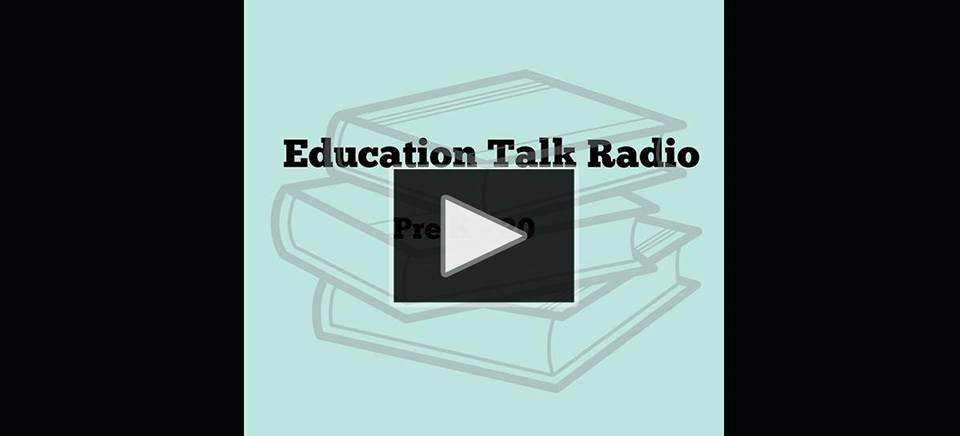
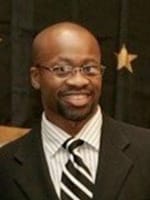
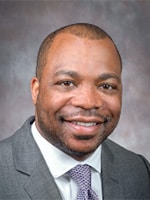
AACTE members Ernest Black and John Kuykendal joined AACTE consultant Amanda Lester on a recent episode of Education Talk Radio to discuss the networked improvement community’s (NIC’s) study on the challenges and opportunities to increase Black, Hispanic, and Latino male teachers nationwide.
“Using a NIC is part of an ‘improvement science’ approach to looking at a problem of practice that persists in education,” explained Lester. The NIC involved a study of 10 institutions that shared their own experiences in recruiting and retaining teacher candidates in this population. Black and Kuykendal represent two of the college preparation programs that participated in the study, which began in 2014.
The premise of the research is that Black and Hispanic/Latino male students underperform in schools but when paired with Black and Hispanic/Latino male teachers for as little as one year, their success improves.
11 Oct2018
By Jacqueline E. King, Ph.D.
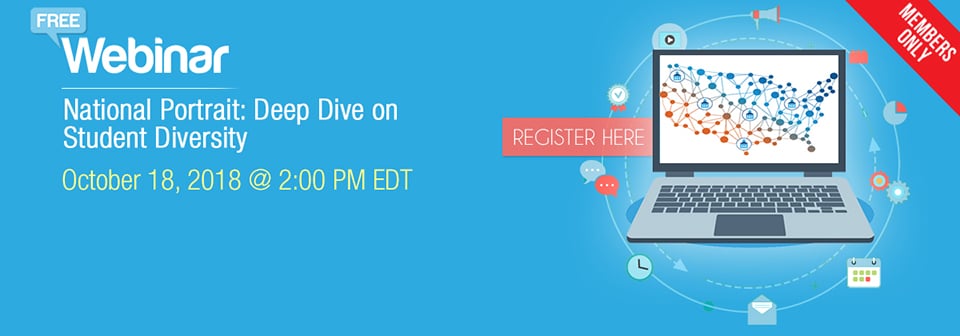
One of the most important—and sobering—findings of AACTE’s recent report, Colleges of Education: A National Portrait, is that those studying education at the undergraduate and graduate levels are not nearly as diverse as the students they will serve. Indeed, the only other large professional field with less diverse bachelor’s degree recipients is agriculture.
As the author of the report, I invite you to join me and your colleagues for a close examination of education students’ characteristics during the webinar, National Portrait Deep Dive on Student Diversity, on October 18, 2:00–3:00 p.m. You will find answers to questions such as:
27 Sep2018
By AACTE Committee on Professional Preparation and Accountability

Do you know a deserving individual who has contributed greatly to the profession of teacher preparation? Submit a nomination today for an annual AACTE professional achievement award. Nominations are open through October 10.
The AACTE Committee on Professional Preparation and Accountability looks forward to receiving your nominations for the following three awards:
19 Sep2018
By Jerrica Thurman
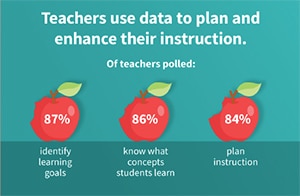
The new 2018 Data Quality Campaign (DQC) National Poll report shows teachers value education data and they see it as critical to effective pedagogical strategies that enhance student learning. The findings indicate 95% of teachers say they use a combination of academic and nonacademic information to understand their students’ performance. This information can range from test scores and graduation rates to attendance and classroom behavior. The poll report released on September 12 found teachers and parents trust and rely on education data as a tool to support students.
Partnerships between teachers and parents are also strengthened when student data are available. Eighty-six percent of the teacher respondents say the information helps facilitate communication with parents about their children’s performance because it gives an objective place to start conversations. Ninety-three percent of parents want data so they can help their children do their best.
14 Sep2018
By Katrina Norfleet
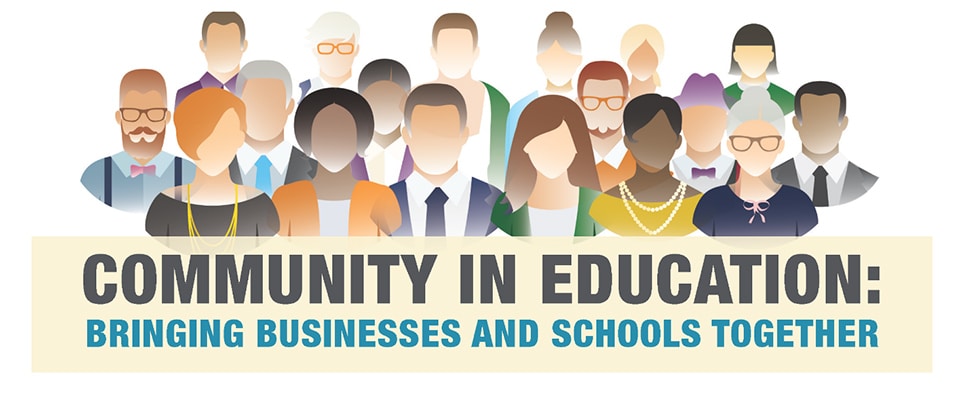
The Learning First Alliance’s (LFA) newest report, “Community in Education: Bringing Businesses and Schools Together,” provides a compilation of recommendations to help foster more meaningful, real-life educational experiences for students. The report is the result of nearly 30 executives and key staff members convening to address ways to build better relationships and find common ground for advancing public education. The participants represent various sectors ranging from technology, manufacturing, and media companies to local government agencies, nonprofits, and LFA organizations.
AACTE, an LFA member organization along with 12 other national education associations, was represented by President and CEO Lynn M. Gangone, who participated in the daylong discussions that led to the published report.
07 Sep2018
By Jerrica Thurman

Check out the September/October 2018 issue of the Journal of Teacher Education (JTE). It is now available online and hitting desks around the country. See what Volume 69 Number 4 has to offer!




















